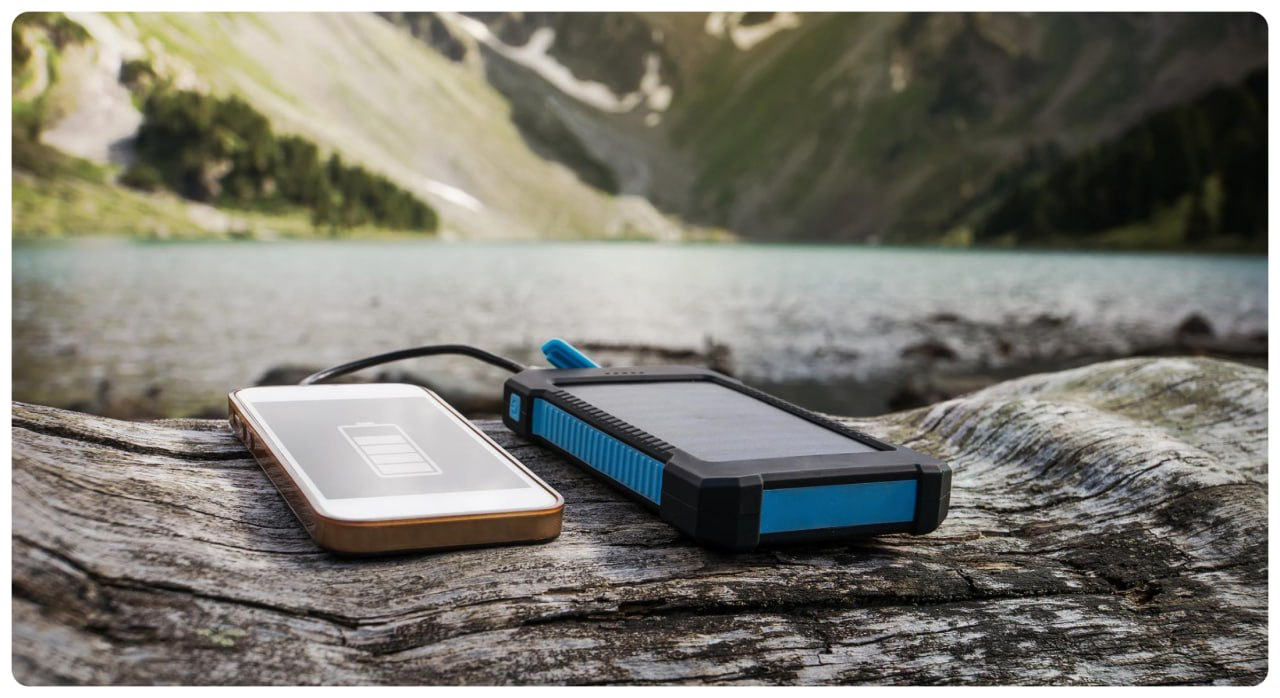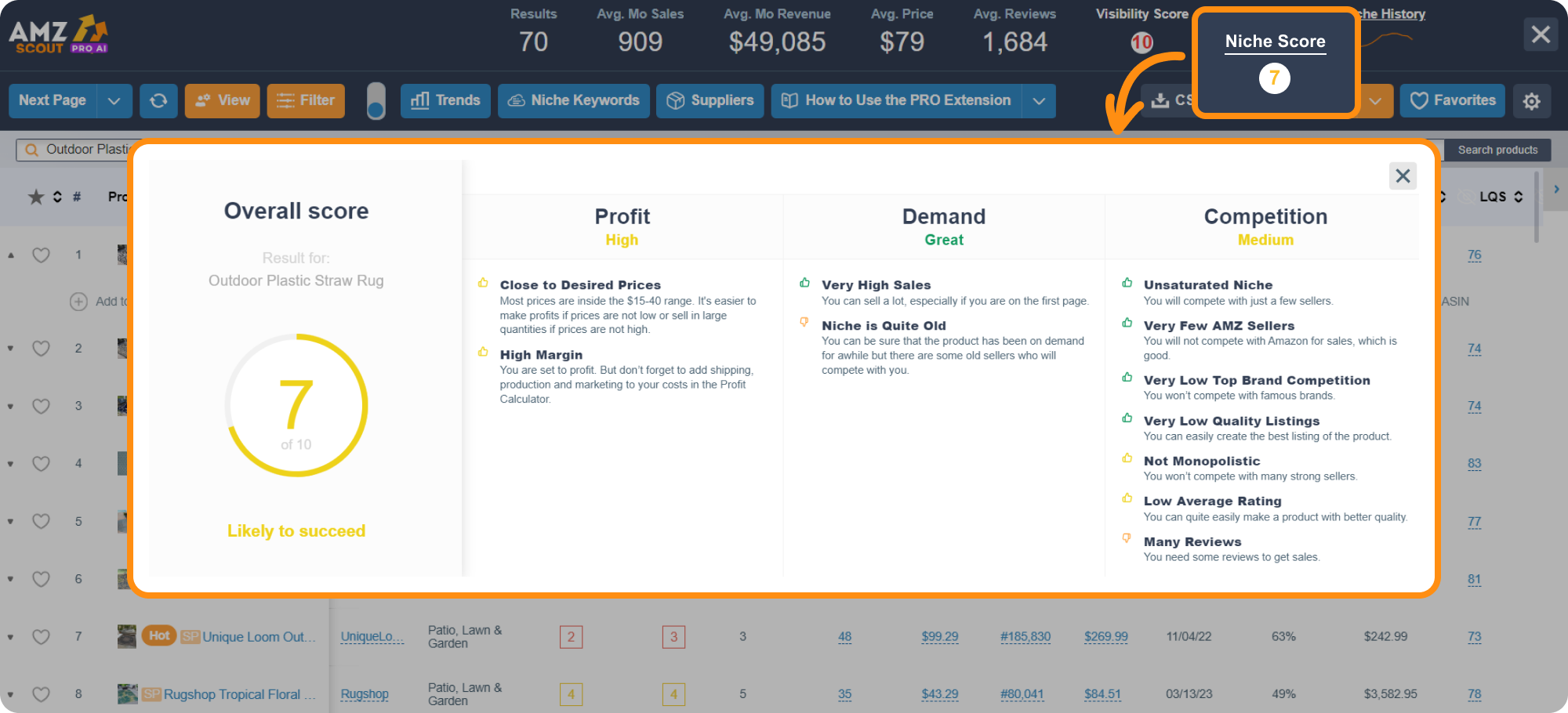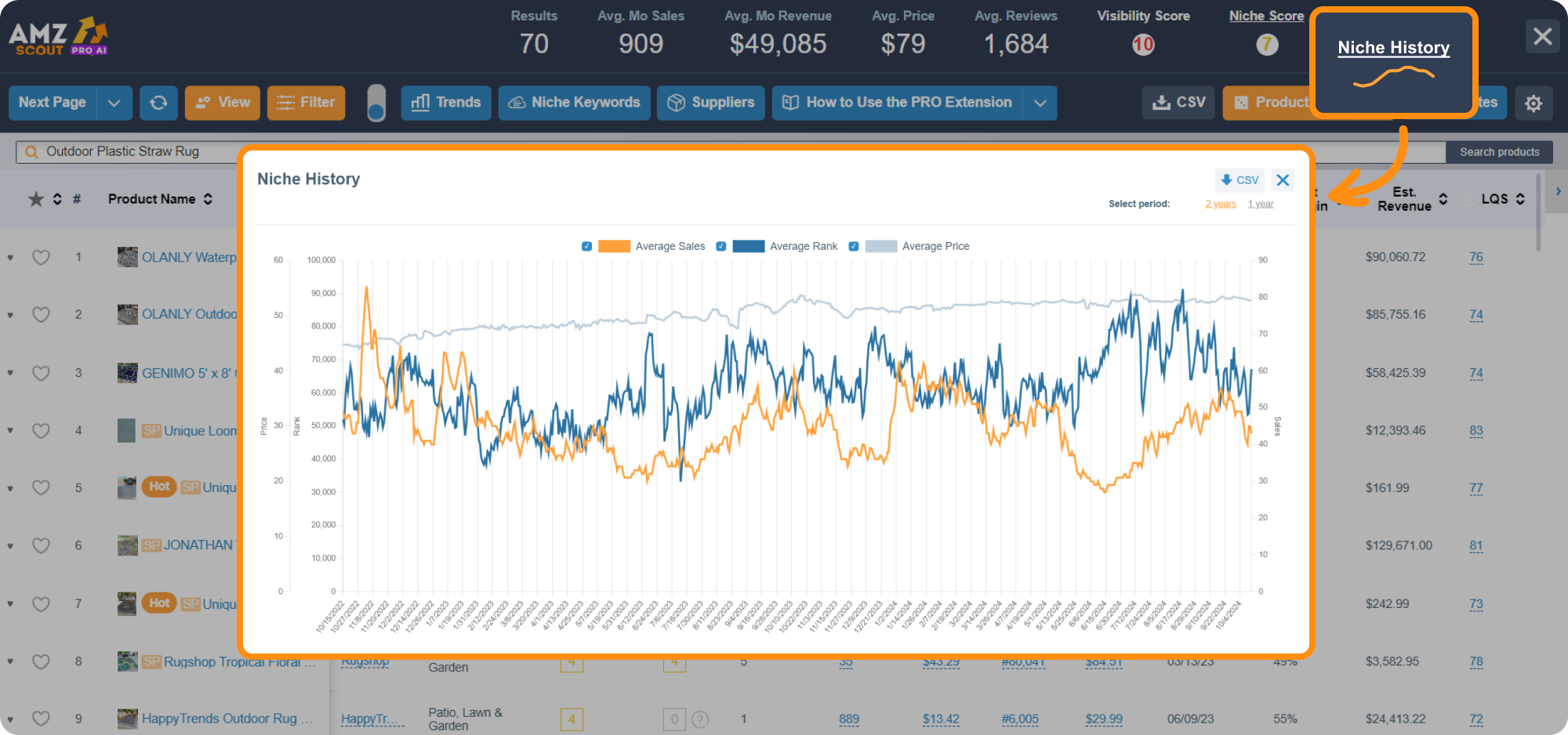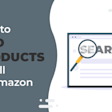
How to Find a Profitable Niche to Make Money Online in 2025
In the competitive world of e-commerce, one of the most crucial elements to the success of your business is identifying a product niche. A well-defined niche for your business can help you stand out from the competition, attract a specific target audience, and increase profitability. But how do you find a business niche that not only suits your interests but also has the potential to make money? This guide will take you through the process of choosing a niche for your online business and offer actionable tips to ensure that you select a profitable niche.
Table of contents
What is a Niche?
A niche refers to a specialized segment of the market that focuses on a particular product or group of products that cater to specific consumer needs. It represents a smaller subset of a broader market, allowing businesses to concentrate their efforts on a well-defined group or type of products, rather than trying to appeal to everyone. This targeted focus enables companies to meet the unique preferences of their customers more effectively, often leading to higher customer loyalty and better brand recognition.
For example, in e-commerce, instead of selling general phone accessories, a business might focus on eco-friendly phone accessories made from sustainable materials. This niche targets environmentally conscious consumers who prioritize sustainability when making purchasing decisions. Here are some examples of successful niche products within trending industries:
Eco-Friendly Travel Gear: Products like reusable travel containers, solar-powered chargers, or lightweight, multipurpose items cater to eco-conscious travelers. Compact backpacks and portable outdoor equipment appeal to adventurers looking for convenience and sustainability.
Gaming Accessories & Merchandise: Specialized products such as VR headsets, ergonomic gaming chairs, or game-themed plush toys target passionate gamers seeking to enhance their gaming experience and express their fandom.
Fitness & Health Equipment: Tailored fitness products like resistance bands, compact home gym systems, or specialized nutrition supplements serve the needs of health conscious consumers focused on achieving specific fitness goals. According to AMZScout PRO AI, the number of average monthly sales in the supplement niche is approximately 2500.
By identifying and understanding the specific needs of this audience, businesses can tailor their marketing efforts, product development, and customer service to better align with their values, creating a more personalized experience that resonates deeply with the target group.
Why is it Important to Find Your Niche?
Finding the right niche is vital for several reasons. Below, we’ll outline the key points and benefits of a well-defined niche:
Less competition: A good niche helps reduce competition as there’s less competition in a more specific niche market.
Unique identity: It allows you to build a unique identity, increasing brand loyalty and customer retention.
Focused target audience: A well-defined niche enables you to target a specific audience more effectively, allowing you to create tailored products, services, and marketing strategies that resonate with their needs.
Finding your niche is crucial for standing out in the market and connecting with your ideal customers. By focusing on a specific area, you can reduce competition, build a unique brand identity, and target your audience more effectively with tailored offerings.
How to Find Your Niche in 5 Steps
Finding the right niche is one of the most important steps to building a successful e-commerce business. By following a structured approach, you can identify a niche that aligns with your interests while ensuring it has enough demand in the market.
Step 1: Evaluate your passion and skills.
The first step in niche-picking is to evaluate your own interests and skills. If you’re wondering how to find a niche, start by thinking about what you’re passionate about and where your expertise lies. A niche that aligns with your interests will not only keep you motivated, but will also ensure that you are knowledgeable enough to serve your audience well. What types of products would you buy yourself from the niche you’ve chosen? When you love what you do, it shows in the quality of your products and your business’s overall success.
Step 2: Research potential niches.
Once you have a general idea of your interests, the next step is research. Use tools like Google Trends to check the demand for certain products or services. You can also subscribe to relevant hashtags on platforms like TikTok or Instagram to observe what people are interested in. This can help you evaluate the popularity of a niche and how well it’s being served.
Step 3: Validate your niche.
Now that you've identified a niche, you also need to determine whether it’s easy or difficult to enter. Start by analyzing competitors—check search engine results, and if the top spots are dominated by large, trusted websites with high traffic, it might be difficult to compete. If you're working with marketplaces, review the top-selling products and assess how many major brands are present and how many sales they generate.
If the niche seems like it’s not too competitive, you also need to evaluate if you can make money. To evaluate profitability, look up similar products on platforms like Alibaba, and compare wholesale and dropshipping and retail prices. Be sure to account for additional costs, such as marketing, shipping, warehousing with FBA, and operational expenses, to get an accurate estimate of your profit margins.
If you’re looking for a faster way to analyze all of these factors, specialized tools like the AMZScout PRO AI Extension can help you find the right niche on Amazon efficiently with just a few clicks. You will find these valuable insights into niche profitability in the upper right-hand portion of the app’s dashboard:
Niche Score evaluates demand, competition, and profitability. A Niche Score of 7 or higher indicates a good opportunity.
Niche History shows sales trends over the past few years, helping you spot consistent performance.
These are just a few of the many features that AMZScout PRO AI offers to help sellers analyze niches and products for online sales. After checking both Niche Score and Niche History, if the score is high and the sales trends are stable, these are strong indicators that your chosen niche is both profitable and sustainable.
And this is just a small slice of the kinds of insights you may get by using AMZScout PRO AI Extension. This tool is designed with dozens of helpful functions to analyze niches and products to sell online.
Step 4: Narrow down your niche.
Once you've identified a broad niche, refining it further can help reduce competition and improve your chances of standing out. For instance, you could focus on a specific demographic, such as moms, children, or working professionals, or target a particular region to make your marketing more personalized and effective.
Another strategy is to cater to a specific price segment—premium, mid-range, or budget—based on your target audience's purchasing power. A well-defined niche should be narrow enough to differentiate your brand, yet broad enough to allow for future growth and expansion.
Step 5: Choose your product.
Once you’ve identified and refined your niche, it’s time to begin the careful process of product selection, as products in your chosen niche may vary significantly. You can either select best-selling products that have proven demand or introduce something completely new to the market. Popular products generally have lower risk because there’s already an established demand, but they may face stiffer competition. On the other hand, new products present a chance to be a pioneer in the market, but they come with higher risks.
To sum up, finding your niche requires a thoughtful balance of passion, research, and market validation. By refining your focus and testing your products, you can ensure that your business stands out and meets the needs of your target audience.
Tips for Finding Niche Products to Sell
When selecting niche products to sell online, it's important to prioritize those products that remain relevant and effectively serve the needs of your target audience. Below, we provide several additional strategies for helping you choose the right niche products for your business:
Solve a problem: Look for products that address specific pain points or make life more convenient for consumers. These products often see consistent, long-term demand. For example, it can be rubber gloves for beauty, gardening, or eating burgers.
Explore adjacent niches: Consider complementary products that align with your existing offerings. This can help you expand your range while still staying within your niche.
Capitalize on trends: Identify trending niches with growing popularity. For example, animal slippers (also known as kigurumi slippers) are currently trending. You can either introduce a unique design for an underrepresented animal or tie the product to a popular media personality.
B2B Opportunities: Don't just focus on individual consumers—consider business-to business (B2B) products. Items like office supplies, tools, or software can appeal to companies looking to improve efficiency. B2B sales offer potential for larger orders, recurring contracts, and long-term partnerships, helping diversify and stabilize your revenue streams.
By focusing on products that solve problems and exploring related niches, you can maintain demand while growing your business. Tapping into trending niches and experimenting with new ideas will help you build a strong customer base and thrive in the competitive market.
Conclusion
Finding your niche is a crucial part of building a successful online store or small business. By conducting research, validating your niche for profitability, and testing your products, you can discover a profitable niche that aligns with your passions and stands out from the competition.
Choosing a niche for your online business allows you not only to serve a targeted audience but also increases your chances of long-term success in the competitive world of e-commerce. Keep in mind the importance of niche picking and focus on low-competition, top-selling products that resonate with your chosen audience. Whether you're selling on Shopify, Amazon, or Etsy, the right niche will help you thrive.










